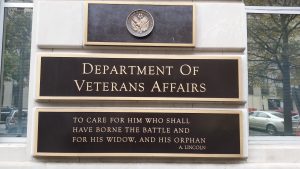Our colleagues Julia Judish, Dick Oliver and Glenn Sweatt recently published a very interesting client alert discussing U.S. District Court Judge Marcia A. Crone’s issuance of a preliminary injunction that suspends the implementation of certain portions of President Obama’s Executive Order 13673, called the Fair Pay and Safe Workplaces Executive Order, that otherwise would have gone into effect on October 25. Judge Crone enjoined two key provisions in the new regulations that would require government contractors and subcontractors to report adverse labor law determinations and prohibit pre-dispute arbitration agreements regarding matters under Title VII of the Civil Rights Act and torts based on sexual assault or harassment. These regulations, commonly called the “blacklisting” rule by opponents, could be used to preclude otherwise qualified government contractors from receiving awards of federal procurement contracts. The alert is titled Executive Order Stayed by District Court Judge.
Additional Source: Associated Builders and Contractors of Southeast Texas v. Rung, No. 1:16-CV-425 (E.D. Tex. Oct. 24, 2016); Final Rules and Guidance Issued on “Blacklisting” Executive Order
 Gravel2Gavel Construction & Real Estate Law Blog
Gravel2Gavel Construction & Real Estate Law Blog






